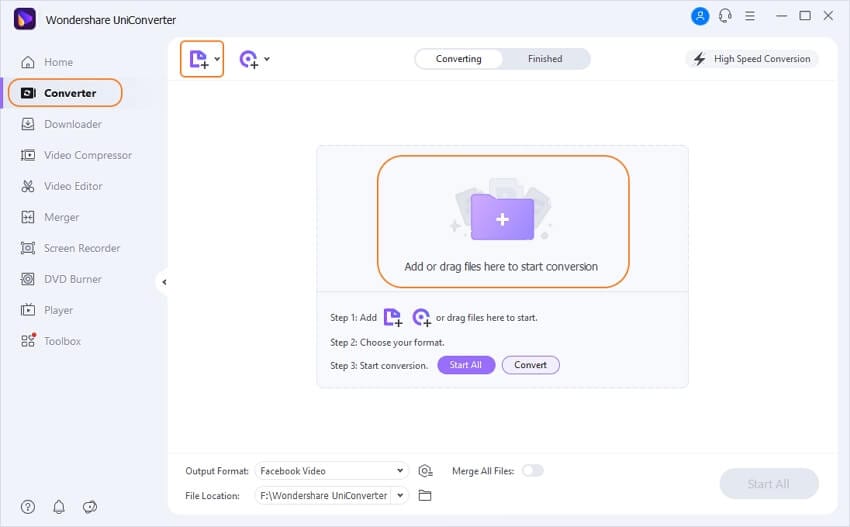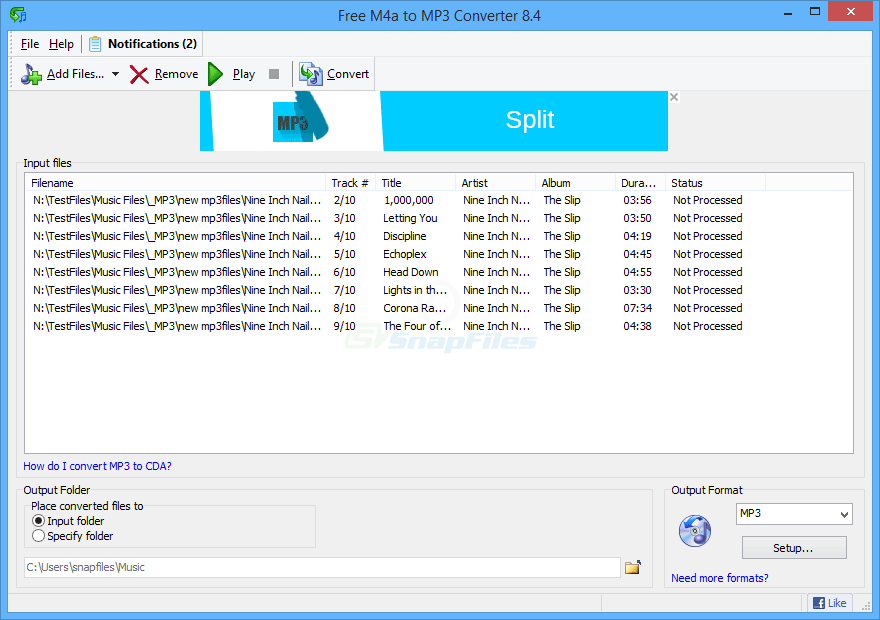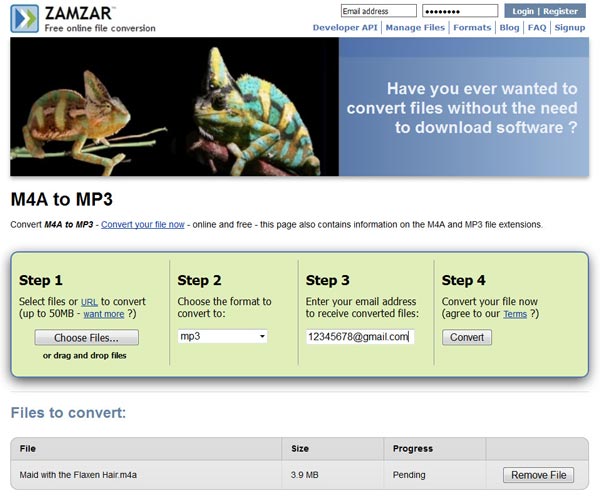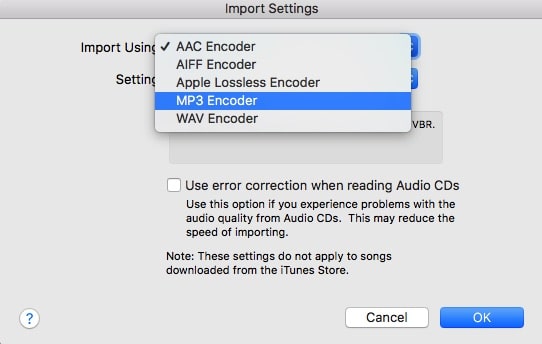

There are I think five different settings and the setting ‘0’ ensures highest quality. If using the LAME encoder, choose high quality encoding which is done via the command-line. If that lossy source has a sample rate above the standard 44100 hertz / 44.1 kHZ, this should not be a question. I say this because the transcoding will most likely originate from a lossy source. Bitrate should never be a question: 320 KBPS regardless whether or not the source material is lossy or lossless.Īlthough it probably makes no sense, choose 48000 hertz / 48 kHZ as a sample rate. Variable bitrate or average bitrate options should never be enabled constant bitrate ensures optimal quality, or in this case, the best quality obtainable. Forget about 256 KBPS choose 320 KBPS if anything and ensure that is a constant bitrate. Personally, I am an audiophile so I except nothing less than lossless regardless of format and except nothing less than a software package to rip discs as intricate as the aforementioned two.Īny bitrate less than 320 KBPS should be considered an insult to anybody's ears no matter whether or not they can discern bitrates for themselves. If obtaining physical copies is not an option, it is not worth the attempt to streamline.

The most sensible option is to obtain physical copies of the media and make lossless copies and convert to whatever format of your choosing. Upsampling makes absolutely no sense when converting either but this is even more ridiculous. In summary, although you desire to play audio files regardless of device, converting from lossy to ANYTHING is the utmost worst idea within the realm of digital audio conversion. Using X Lossless Decoder commonly abbreviated XLD, one can easily prove my statements. Whilst not nearly as efficient as Monkey's Audio, it is still lossless and to prove this, the checksums would certainly match if you generated one for a WAV file before compressing it then after decompressing the M4A file to another WAV file.


The type of codec of choice if I was to use M4A is called Apple Lossless Audio Codec commonly abbreviated ALAC. It is more common for consumers to use MPEG-4 audio in an M4A container which is absolutely lossy. Containers can contain different types of audio streams.


 0 kommentar(er)
0 kommentar(er)
